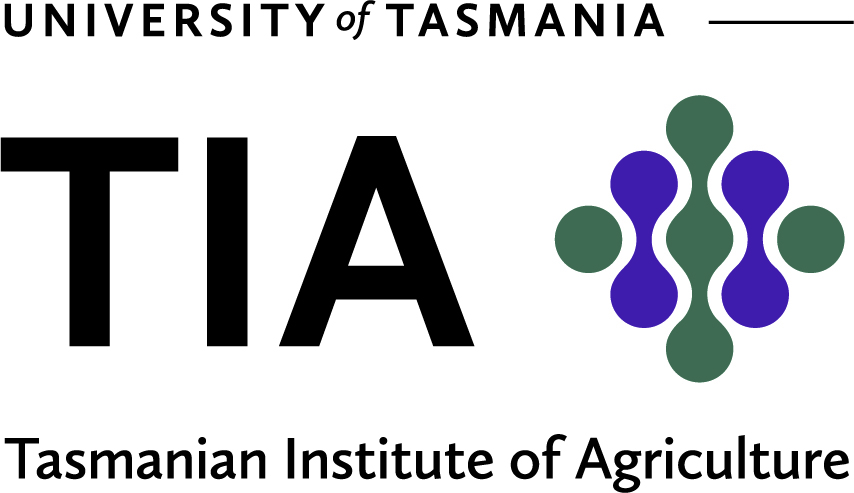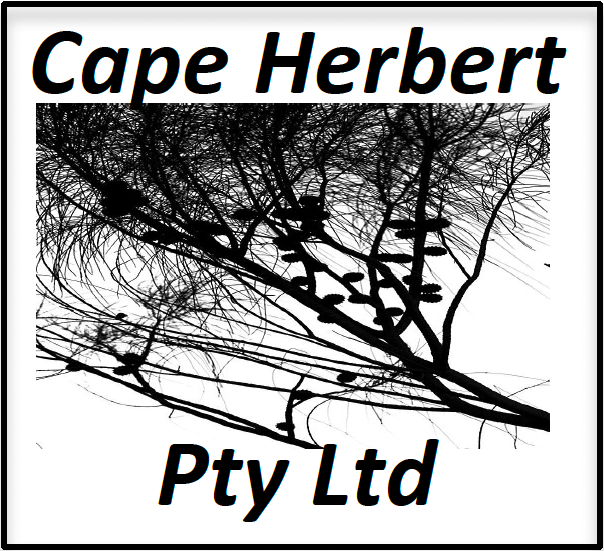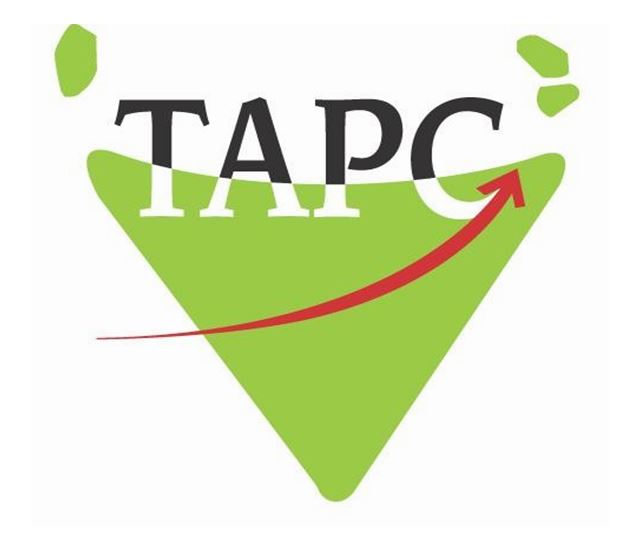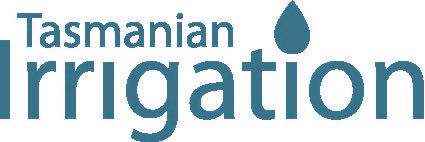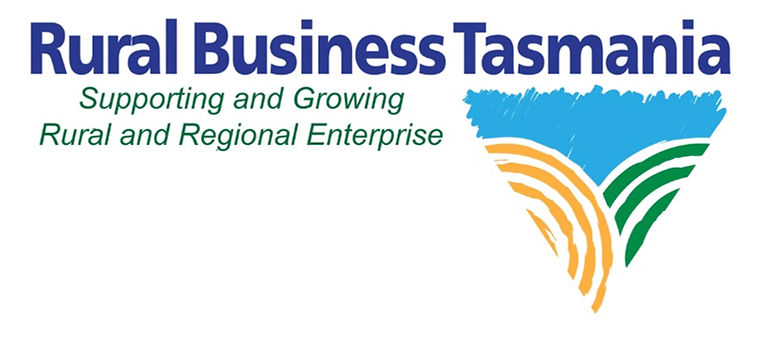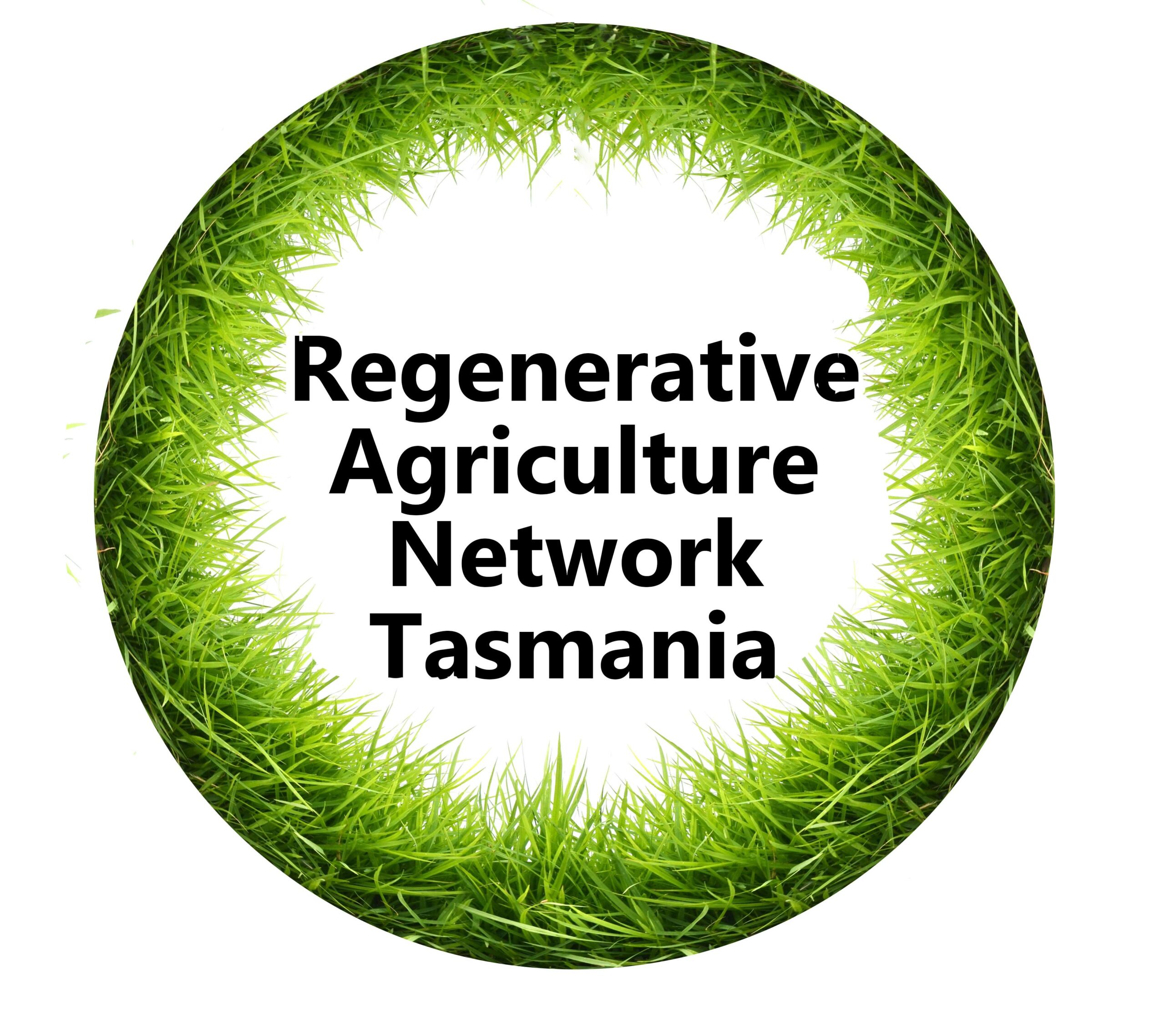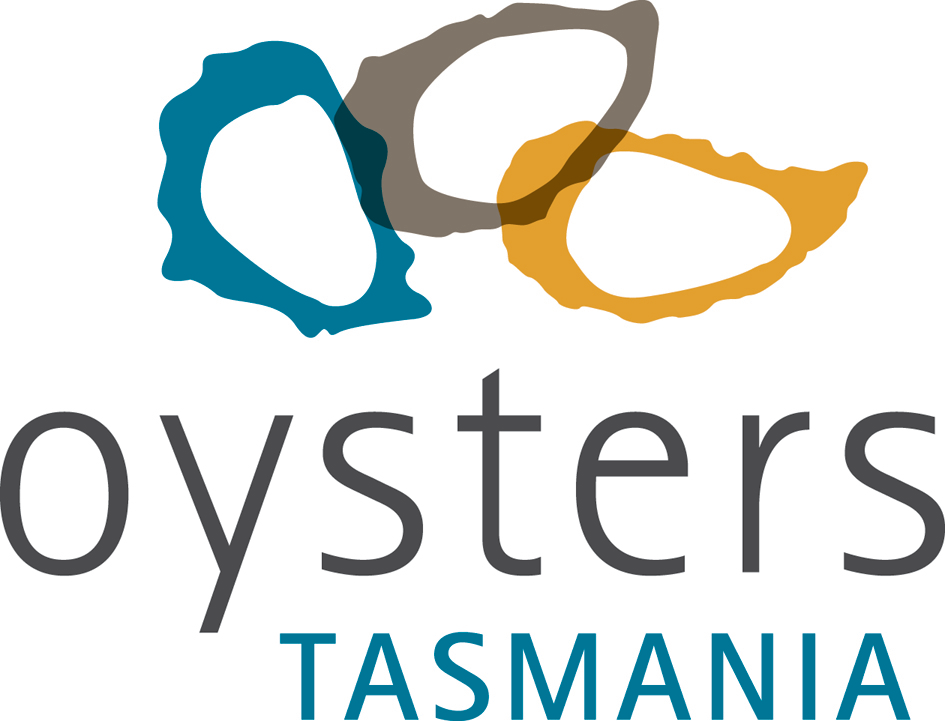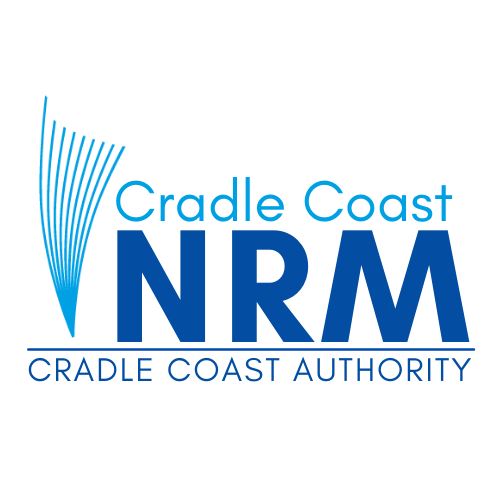Search for a resource
Tasmanian farmers and regional communities will benefit from continued support from the Australian Government to improve soil health.
The TAS Farm Innovation Hub has joined its national counterparts in welcoming the Australian Government’s grant funded soil health projects through the Natural Heritage Trust’s $302.1 million Climate-Smart Agriculture Program.
This investment includes a $6.26 million commitment to continue the national network of Regional Soils Coordinators who support the delivery of integrated and targeted soils services to farmers and communities, broker partnerships with industry and stakeholders and provide networks for researchers, primary producers, First Nations peoples and community groups to work together.
Director of the TAS Farm Innovation Hub, Sandra Knowles, said the Regional Soils Coordinators played a pivotal role in promoting soil health and climate-smart sustainable agriculture approaches across Australia.
“The role of the eight Regional Soils Coordinators is essential for addressing the unique agricultural challenges faced by farmers and landholders in each region,” she said.
“The coordinators deliver real on-farm practical benefits that farmers can adopt for sustainable land management practices, whilst also improving economic returns.
“The hubs host the Regional Soils Coordinators so there are strong links to universities, grower groups, and natural resource management bodies. This allows for a coordinated national approach. In Tasmania, our Regional Soils Coordinator is housed within NRM South which has proved to be an effective model for delivery.”
Tasmania’s Regional Soils Coordinator, Belinda Nielsen, said the funding would enable the coordinators to build on the work they have started across the regions to promote soil health and its critical role in agricultural productivity and sustainability.
“Tasmania's soils are highly diverse, sustaining a number of different enterprises, and are so fundamental to our everyday lives,” she said.
“It's essential that we continue to work together across different parts of our industry to ensure the best outcomes for our soils, farmers, and natural environment for years to come.
“I'm thrilled to be able to continue working with local stakeholders and the broader national network of Regional Soils Coordinators to support the best outcomes for our state's future.” For more information visit https://www.agriculture.gov.au/agriculture-land/farm-food-drought/natural-resources/landcare/climate-smart
